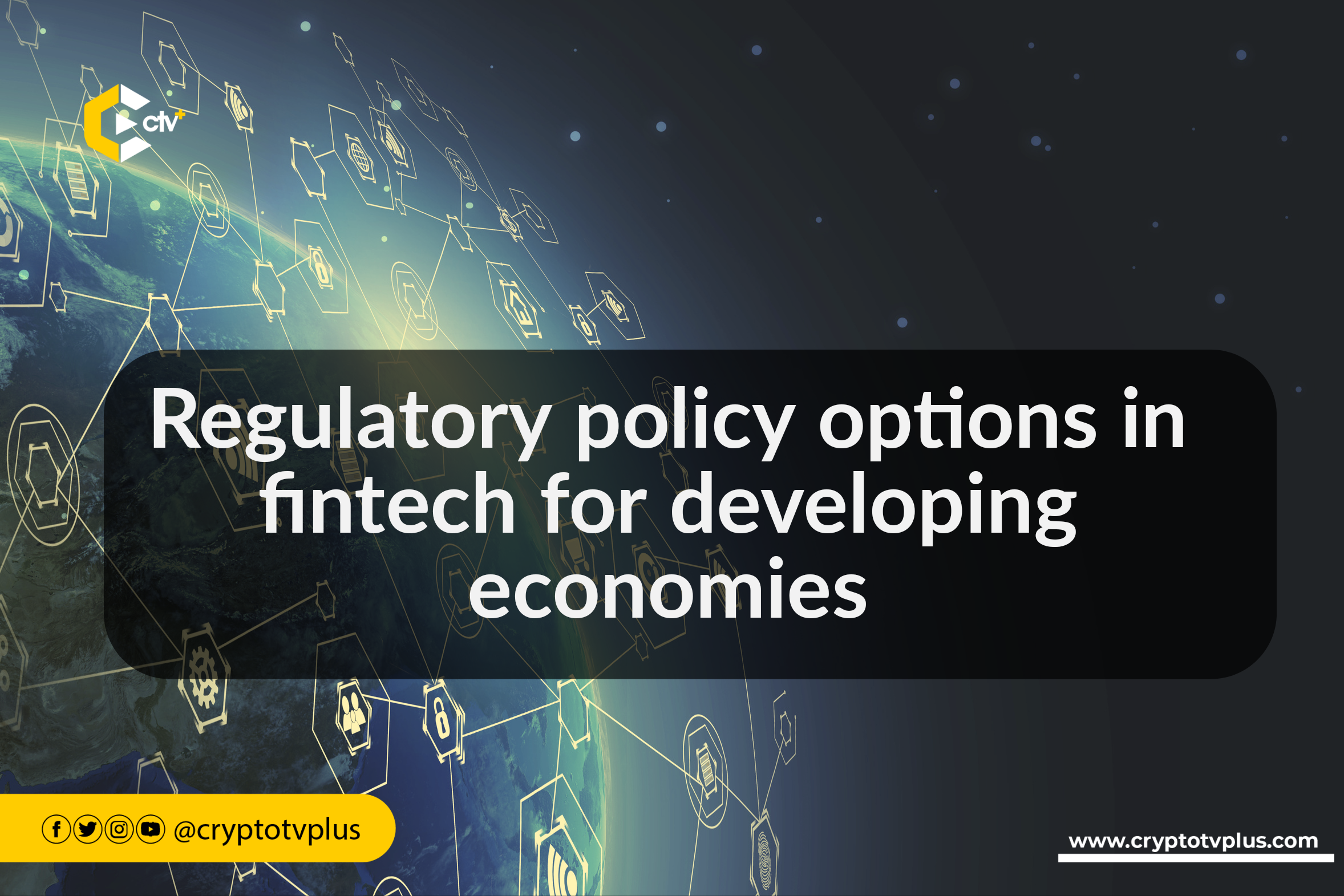FEATURED
Regulatory policy options in Fintech for developing economies

To establish an effective legal, regulatory, and supervisory framework for policy responses, countries have been exploring various regulatory approaches and initiatives to encourage innovation and experimentation.
The Central Bank, as the primary organization overseeing Nigeria’s financial economy, conducted extensive analyses and released a report highlighting the lessons learned during the country’s Fintech infrastructure transformation.
Furthermore, in trying to help other nations going through the same evolution, it shared a few regulatory options from the World Bank and the effects that these nations can imbibe.
“Wait & See”
CBN stated that the “Wait-and-See” strategy, as implied by its name, primarily involves the regulator acting as an observer. This strategy entails allowing new FinTech business models to operate with the aim of enabling innovations to progress without obstacles.
CBN also emphasized that while this strategy has its merits, it’s crucial to recognize that a more proactive approach is necessary to effectively reduce risks to the financial sector through continuous learning and engagement.
“Test & Learn”
The Test-and-Learn approach is cautiously permissive and allows for flexibility on a case-by-case basis. The apex bank said that this flexibility is granted by exempting new firms or activities from certain rules that depend on the legislative context.
It noted that while this method faces challenges in terms of scalability, it works well in small or specialized FinTech ecosystems. Conversely, it can strain regulatory capacity in jurisdictions with large and diverse FinTech markets.
Ignore: “Keep It Unregulated”
The next strategy mentioned is Ignore: “Keep It Unregulated”. Here, there is minimal regulation of FinTech, initially adopting a “wait and see” attitude in many jurisdictions, similar to how cryptocurrencies like Bitcoin have been treated in certain nations. But as fintech activities grow, concerns about fraud and market misconduct begin to rise.
Some jurisdictions, while cautious about overregulation, issue warnings to ensure investor and consumer protection, like the Nigerian Securities and Exchange Commission’s warning in 2017.
CBN said that nations following this strategy must decide whether to incorporate fintech’s risks and rewards into existing frameworks or establish a new regulatory framework.
Duck Type: “Same Risk, Same Rules”
The Duck Type: “Same Risk, Same Rules” focuses on the substance of an investment rather than its form when determining whether it is a security. This approach entails adapting fintech regulations to align with existing rules, especially concerning digital or crypto representations of financial instruments and infrastructure platforms.
CBN said that this process which is “principle-based and technology-neutral” treats the same risk with the same rules, such as reporting requirements, licenses, or bans. It gave an instance of how Swiss FINMA’s ICO guidelines assess tokens based on their economic function.
It’s worth noting that while this approach is effective, regulators must identify these new functions and, if necessary, incorporate them into new regulations tailored to address these specifics.
Code: “New Functionality, New Rules”
This last method involves creating specific regulations tailored to the new functionalities enabled by technological innovation in fintech. “It contrasts with Duck type regulation which works if fintech operates in the same way as traditional finance,” CBN said.
As financial innovation can introduce novel risk combinations and forms, additional regulations may be needed. CBN cited an example of how new Fintech infrastructures using blockchain technology would require new rules to operate.
…
In conclusion, these regulatory approaches represent a spectrum of strategies to accommodate the dynamic nature of fintech while ensuring the stability and integrity of financial systems. Countries must carefully consider and adapt these strategies to their specific contexts as they navigate the evolving fintech landscape.
Read also; CBN argues for interest-bearing eNaira deposits to boost financial inclusion
























